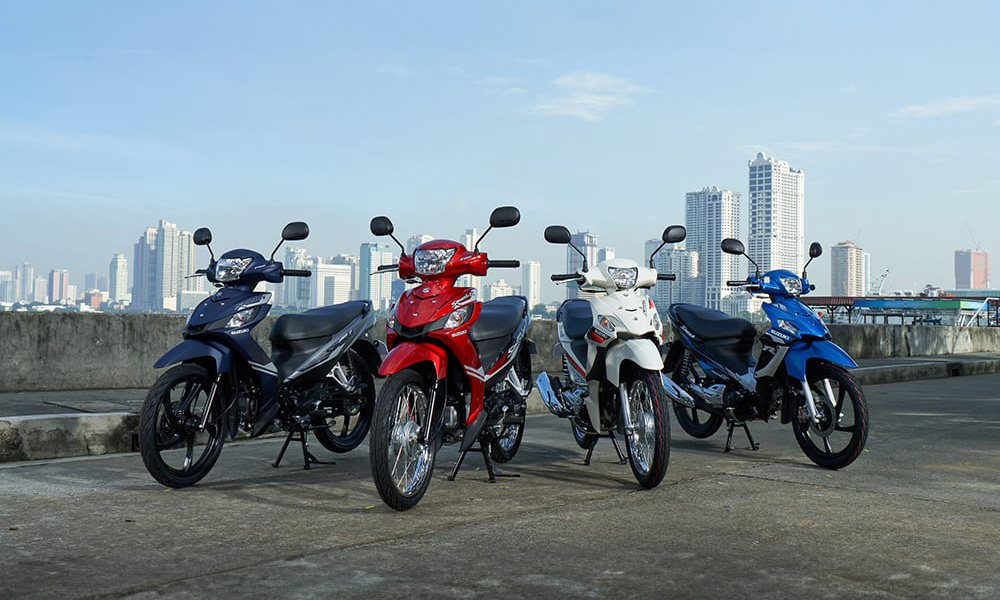
On paper, Suzuki’s bare-bones Smash underbone scooter is nothing to get too excited about: 113cc single overhead camshaft single-cylinder engine, four-speed with auto clutch, analog instrument panel, and a weight of only 94kg, it’s a very basic motorcycle that gets the job done whether as the sole family vehicle or a service unit for business.
And yet it’s a very important model for Suzuki because the Smash has been a bestseller in the “Underbone Leisure” category since 2015.
In fact, according to Suzuki Motorcycle marketing communications group head Edelyn Yanilla, around 800,000 units have been sold all over the country since 2006.
The bike is already in its teen years, and yet it averages 47,058 units a year. No wonder you can see the Smash everywhere, from urban enclaves to provincial back roads.
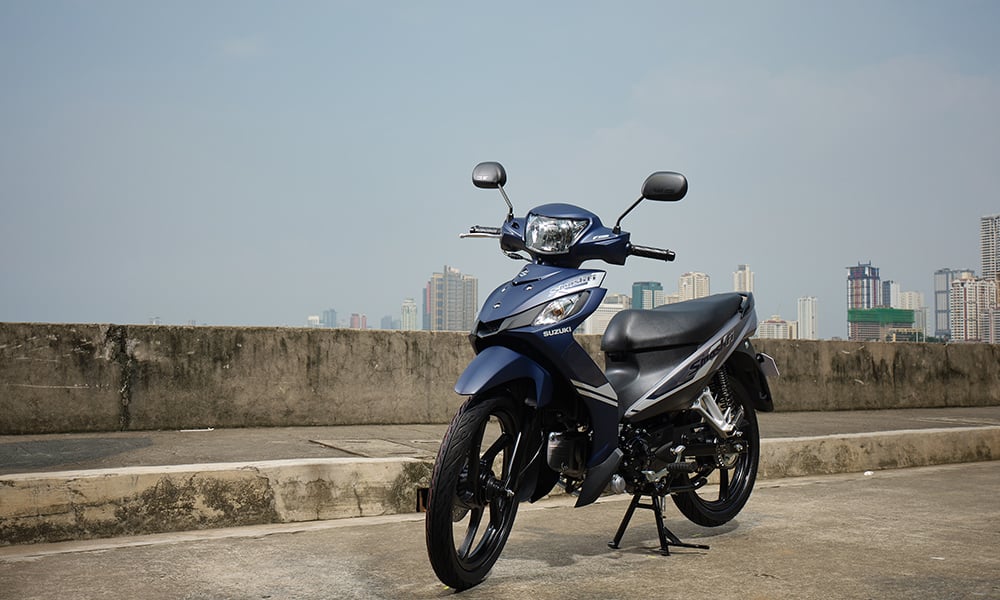
While Suzuki can come out with fairly high-tech bikes like the V-Strom 800 and the Hayabusa, the Smash hews closer to what Suzuki was all about back in the company’s infancy as an automobile and motorcycle manufacturer.
The founder, Michio Suzuki, originally had a business in weaving loom production. After the cotton market collapsed in the early 1950s, Suzuki pivoted to motorcycle production after seeing a need for cheap and reliable two-wheel transportation in the Japanese countryside.
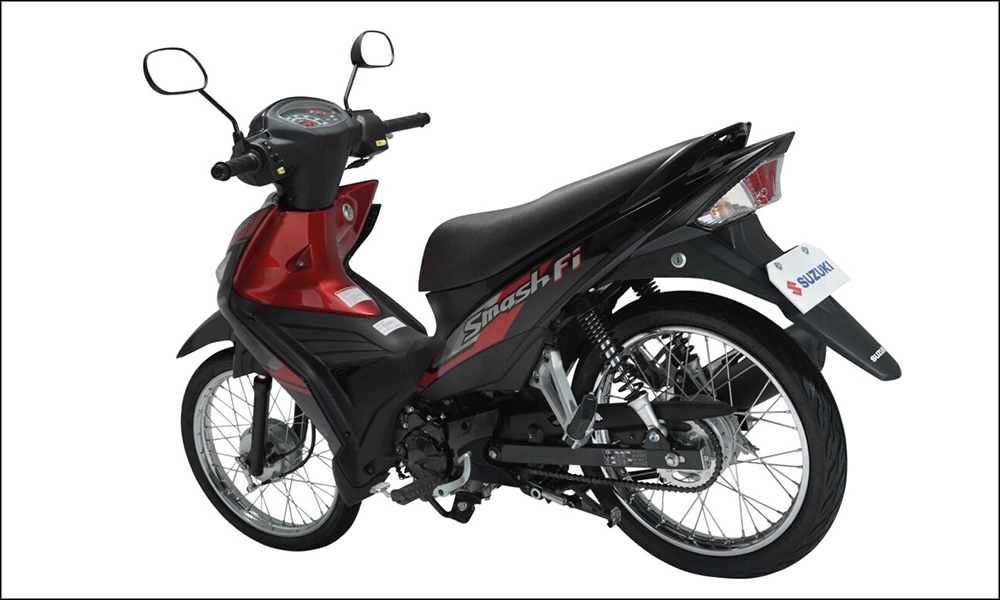
The very first moped was the Power Free, essentially a bicycle with a 36cc motor.
The Smash is as basic as can be like its grandfather, but some essential updates have ensured it will be around for many years to come. The biggest change is the shift to fuel injection, ensuring better and more consistent fueling and lower emissions, while also helping deliver up to 68km/L of efficiency.
In the provinces, where riders are known for killing the engine to coast downhill and save on gas, every extra kilometer squeezed out of a tank of gas is precious.
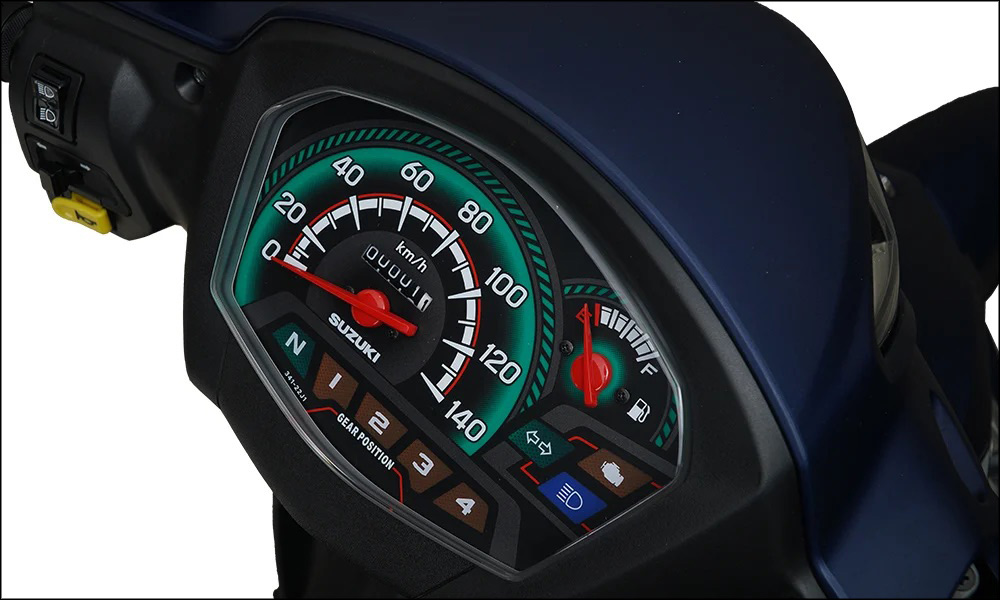
A variant with alloy wheels is now available with a front-disc/rear-drum setup, priced at P71,400. A more basic version with spoked wheels and a drum/drum setup is just P66,400. A kick-start is still fitted as a backup starter.
Rather than phasing out the carbureted models, though, Suzuki has retained these knowing that there is still a significant market for old-school riders. Carbureted versions are priced at P67,400 with alloy wheels, and P62,400 with the spoked wheels.
Suzuki says that the formula for the Smash’s success is made up of five M’s: Mura, Matipid, Malakas, Maporma, and Matibay. Given the bike’s almost legendary reputation for durability—and now these simple but meaningful updates—it won’t be long before it breaks the one-million threshold in a few more years.

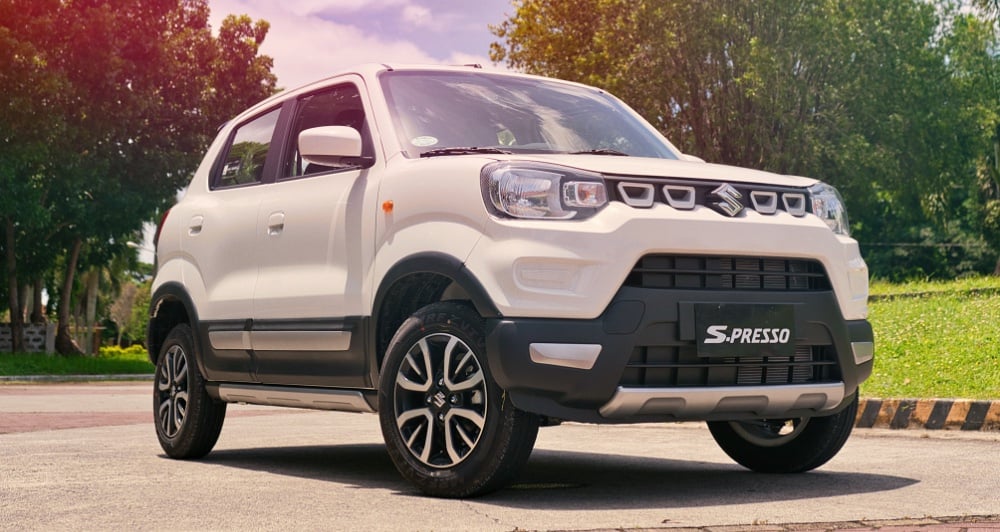
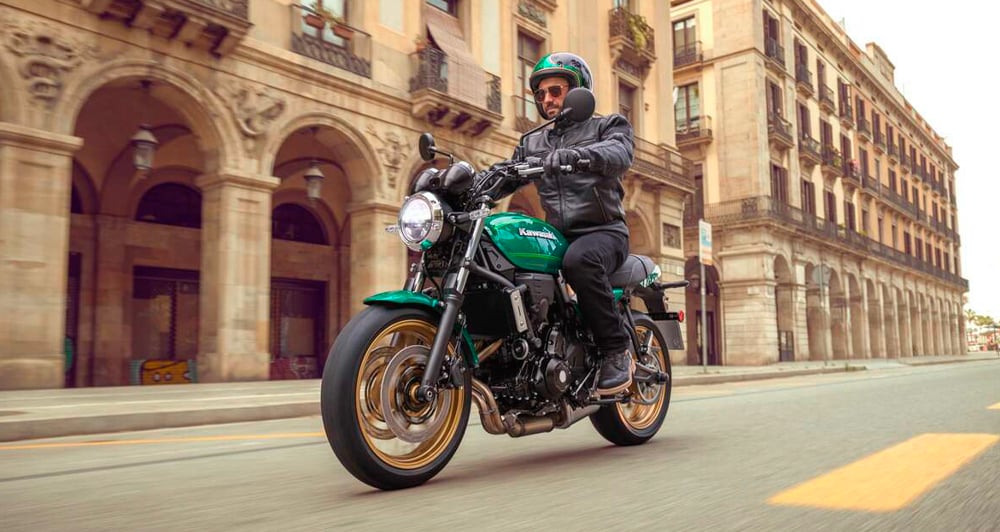
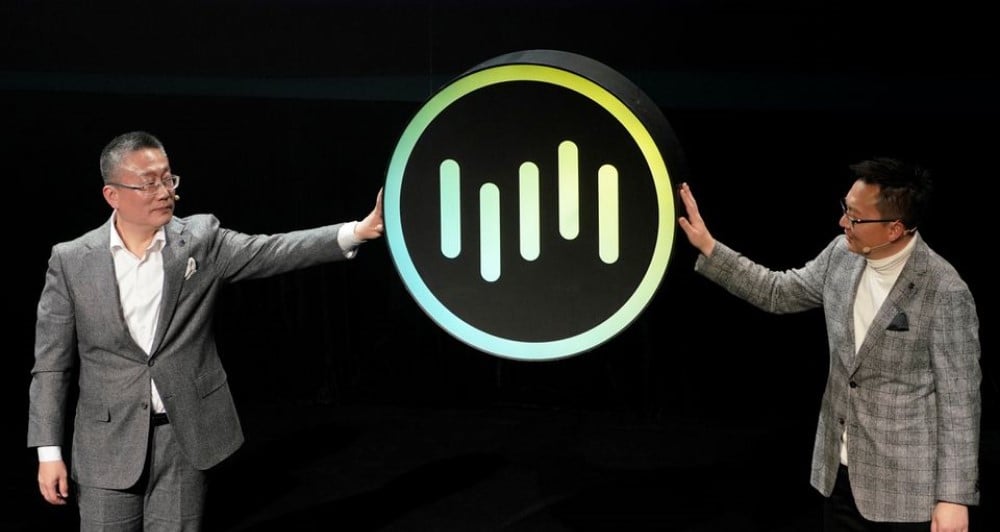
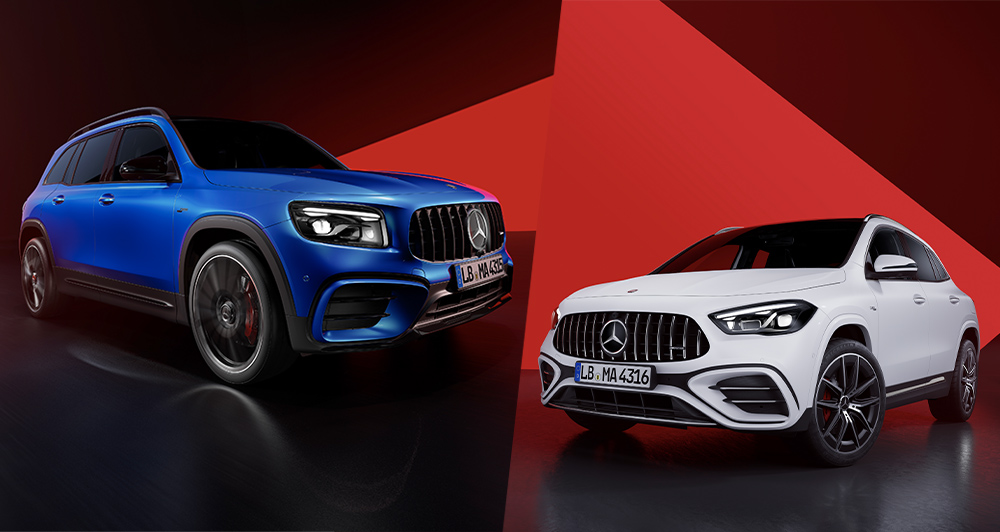
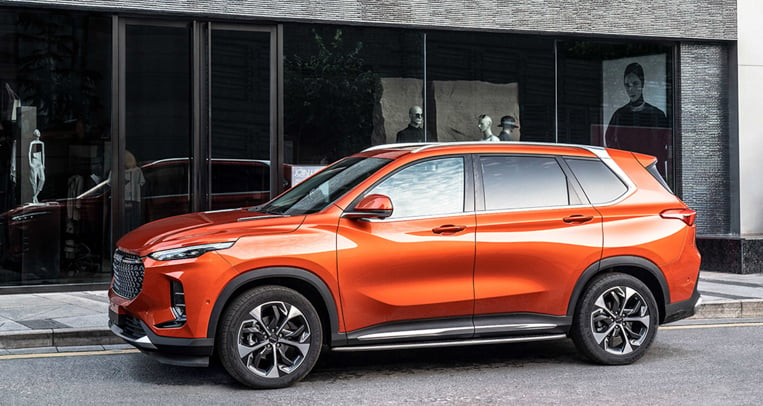
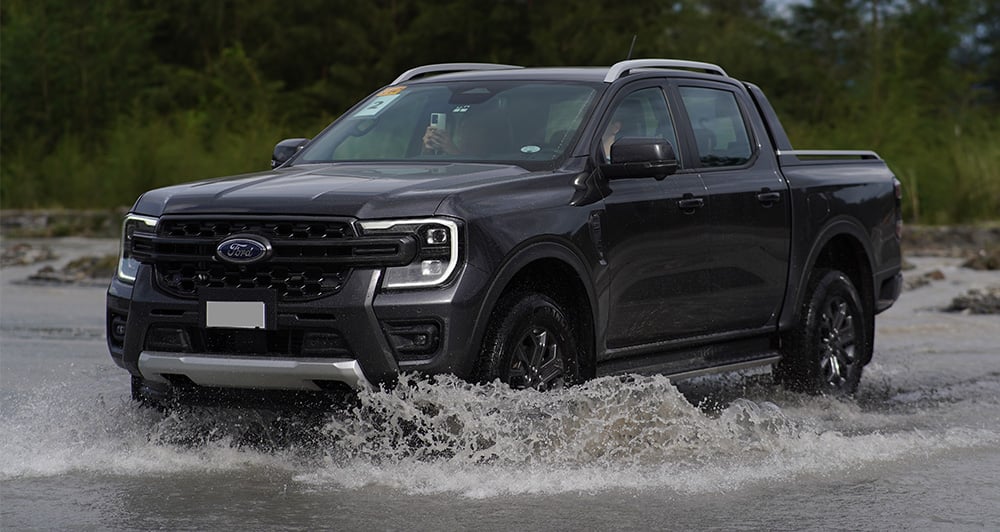

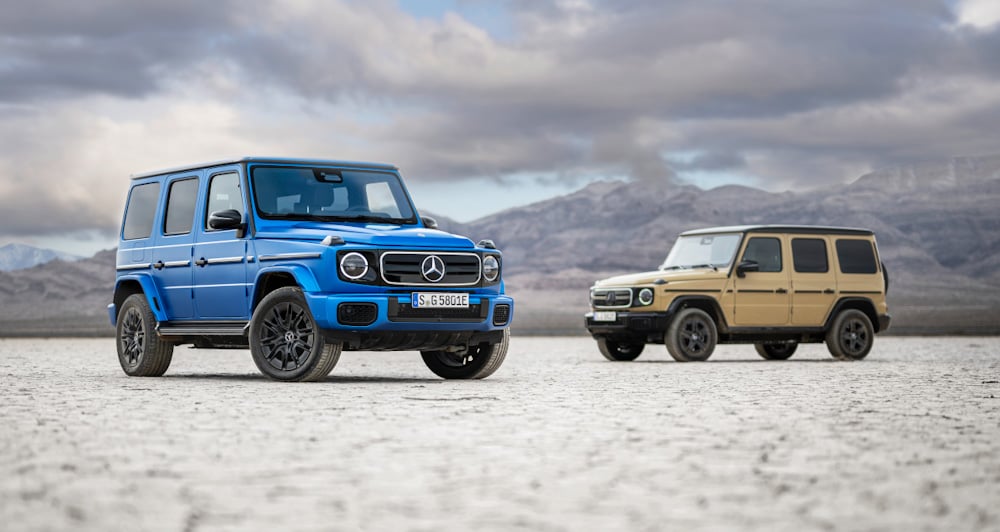
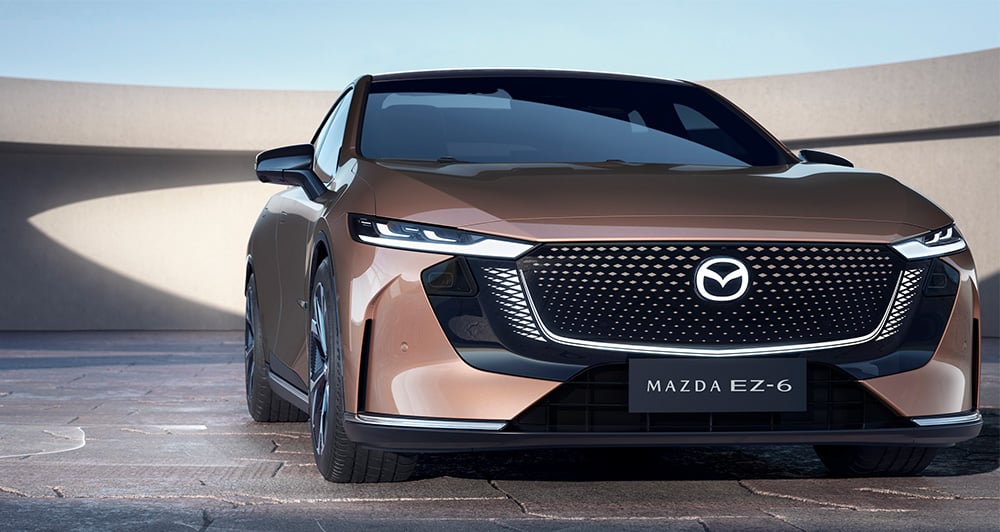
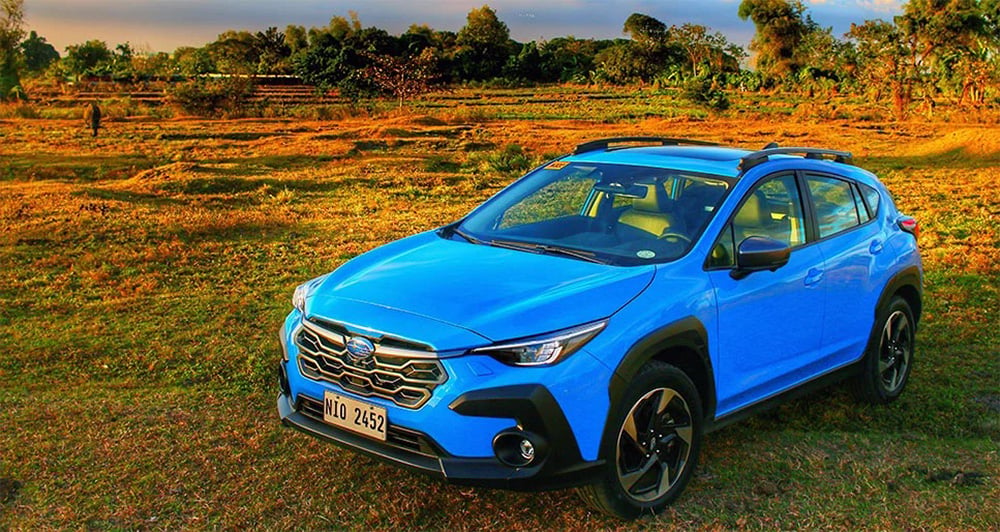
Comments